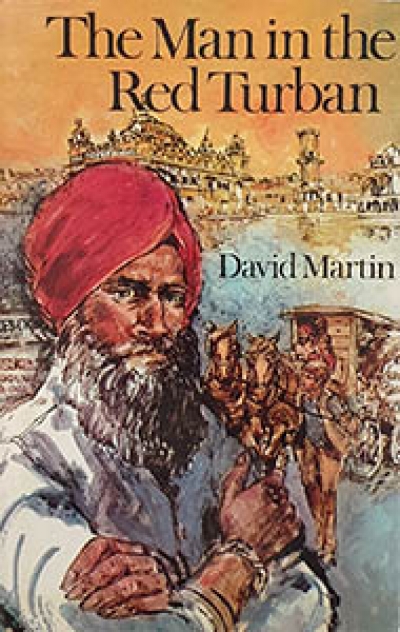Children's and Young Adult Books
Hero, Allan Baillie’s sixth novel for young readers, shows this seasoned storyteller at his best. Succinct yet incisive, it is a highly disciplined display of how tight technique can turn a single incident into an exciting story. Right from the first line, ‘A single drop of water exploded on Pamela Browning’s open exercise book’, we know we are on the precipice of an event towards which every mumble on the earth and rumble in the sky lead.
... (read more)The last time I’d seen this particular Bob was when we were at the school where I had to pretend not to be good at English and French and where he was a bikie and one of the likeable Bad Boys. I’d admired his audacity in running for school prefect and his campaign posters with their slogan ‘VOTE FOR BOB AND YOU WON’T GET DOBBED’.
And here he was at a party almost twenty years later, a taxation officer in a grey suit saying to me ‘And whaddya do for a crust?’ I said, ‘I teach a course in Australian Literature’. ‘Yeah?’ He didn’t sound too surprised. ‘Be a short course, wouldn’t it?’
... (read more)In Australia, few publications regularly review children’s books for the information of the general reader/buyer. ASA chairman, Ken Methold, suggests that Australian writers need to advertise their varied skills and publicise their works. I agree.
... (read more)The problems of children’s book publishing are not really different in kind from those which beset other types of publishing; they are the familiar problems exacerbated by the fact that these books are designed for a group of second-class citizens who, being young and dependent, have little influence on what is produced for them, and little financial clout.
... (read more)Children’s Book Week is traditionally a time to take an overall view of the last year’s output of children’s books. Such an overall view is necessarily superficial but it can be interesting to note the appearance of new authors and illustrators, new themes, or different treatment of old themes. This article will look at the picture books and fiction of the last twelve months.
... (read more)




